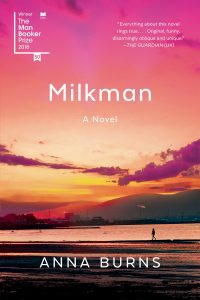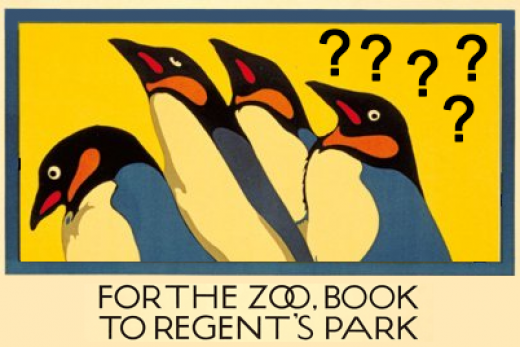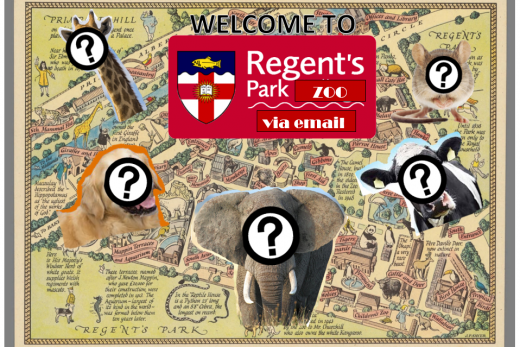Liz Polding reviews ‘The Milkman‘ by Anna Burns.

A wave of Irish women writers has emerged in recent years. There have been inevitable nods towards James Joyce and certainly the style of writing and the bold experimentation with language has been a feature of many of these recent works. Eimer McBride’s work (A Girl is a Half Formed Thing and the Lesser Bohemians are both extraordinary books) is one example of the kind of writing that asks you to adjust your expectations and accept that this is something different, something rich and evocative.
This, too, is an exceptional book. The style does take some adjustment, no one has a name, for example, not even the Milkman. There is a powerful spirit of place and an overwhelming feeling of oppression and powerlessness, nicely salted with defiance. Set in Northern Ireland in the 1970s, the narrator attracts the attention of the Milkman, who doesn’t so much pursue her as assume that she will do as he wishes. Everyone else assumes that she will do as he wishes, too. In fact, the assumption is that she is complicit and that she has somehow tried to attract the unwanted attention that she is now receiving leaves her with few allies. In fact, her only real allies are those who are already pariahs, usually because they have not done as men like the Milkman wish either.
If your adversary is all-powerful and your family and friends assume that you have agreed to what is happening, that leaves very few choices. The society that the narrator portrays is not so much divided as split into two rigidly defined sectors (literally and geographically, in many cases) and one wrong decision can result in inadvertent betrayal and, ultimately, violence. The insularity of each community is tribal, protecting your own, defending against the other side of the divide. Simple, innocuous acts like shopping in the wrong shop, reading newspapers, going to hospital or just standing out for any reason can destroy lives.
This is a powerful book, but not an ‘issues’ book; this is very much about the (nameless) characters. To paraphrase a well-known film, this is about a girl, standing in front of a man and asking him to please leave her alone. With the whole of society (both sides) standing against her, and a climate of terror and mutual suspicion, it is a testament to her courage that she even tried. But the fact that she did is what makes this such a compelling read. It all sounds bleak and harrowing, but it is also full of hope and humour and humanity, much like the society that it portrays.
Have you got a book to review?
We’d love to hear about what you’re reading. You can find many books through SOLO – and there are a growing number of novels available as e-resources.
Oxfordshire County Libraries also offer access to a range of e-books, as well as magazines and music (including Naxos Music Library). It’s free to join the Library, and you can do so online, just make sure you use your Oxford address.




